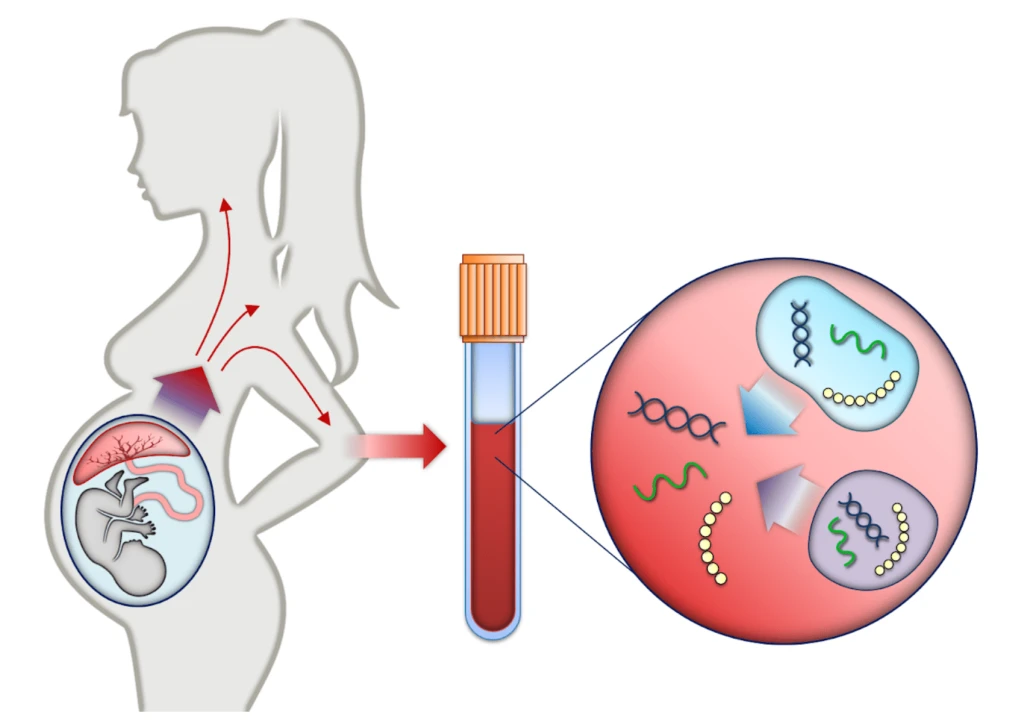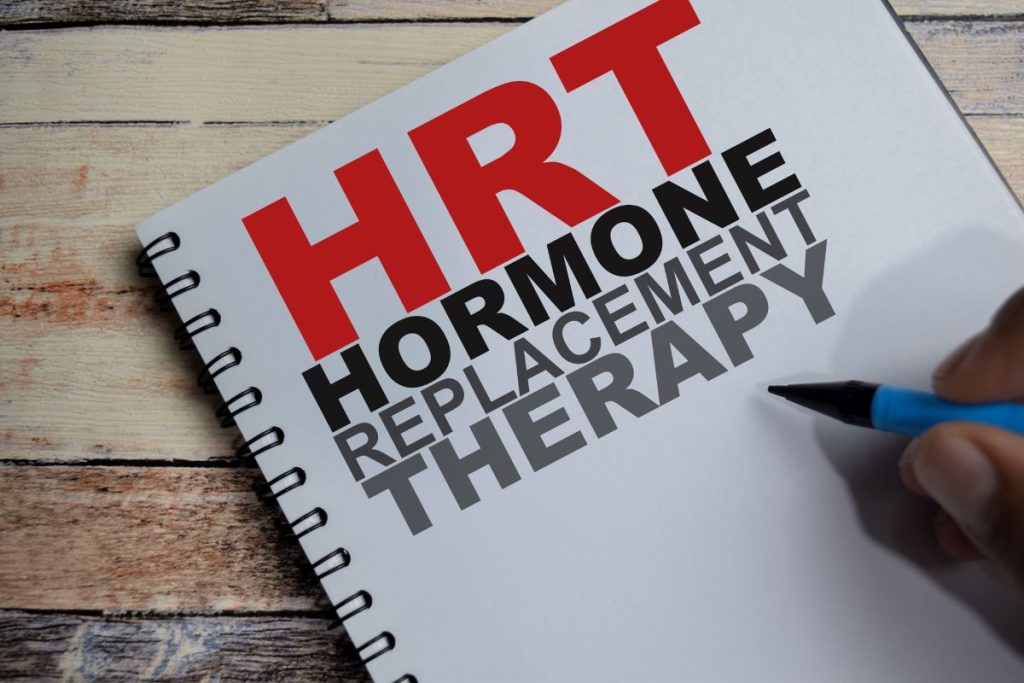We get it – navigating conversations with your gynaecologist can be overwhelming. The topics are often intimate, and it’s easy to forget important questions when you’re already anxious about the appointment. But these questions matter: they can shape how well you understand your body as well as the choices you make about your health. Because gynaecological care isn’t just about dealing with problems when they arise, but rather about preventative strategies, tailored guidance, and feeling confident enough to ask the right things.
From menstrual irregularities to reproductive planning, a few well-chosen questions can change the course of your health journey. Let’s take a look at what you should ask at your next appointment.
What Does This Symptom Mean For Me?
Every woman’s body reacts differently to things. Something that might seem trivial – spotting between periods, mild pelvic discomfort, changes in discharge – can actually sometimes signal hormonal shifts or more serious conditions. The key is to ask what a symptom means for you and your health profile, not in general. A vague search online won’t compare to the depth of personalised information a gynaecologist can provide.
And to be fair, not every symptom warrants concern. But when your doctor explains the context – how your age, history, or lifestyle plays a role – you’re not left guessing.
Are My Menstrual Cycles Normal?
The concept of a “normal” cycle is surprisingly fluid. Some women naturally have shorter cycles, others longer, and the intensity of bleeding varies significantly. Instead of comparing your experience to what you’ve read in generic health articles, ask your gynaecologist for clarity.
If your periods are becoming unpredictable, or you’re noticing intense cramping or heavier bleeding than usual, this question can lead to actionable insights. Sometimes the explanation is as simple as stress or diet changes. Other times, it could be tied to conditions like fibroids or endometriosis.
Should I Be Asking About Ovulation Issues?
Fertility concerns often surface when it feels “too late”, usually when trying to conceive has already become stressful. Asking about ovulation issues before you “need to” can help uncover underlying problems early on – you should ask about cycle tracking, signs of ovulation, or whether you should consider hormonal tests.
What Contraceptive Option Suits My Body Best?
There’s no universal best choice when it comes to birth control; some methods – like hormonal pills – work brilliantly for certain women but cause unwanted side effects in others. Implants, intrauterine devices, or even non-hormonal methods might be better suited depending on your lifestyle, future pregnancy plans, and health history.
The best question isn’t just, “Which is the safest?” but “Which aligns with my goals and overall health?”
Do I Need Any Screenings or Tests Right Now?
Routine screenings are often misunderstood; it’s not just about the annual smear test. Depending on your age, sexual activity, or family history, your gynaecologist might recommend ultrasounds, STI testing, or bloodwork to monitor hormone levels.
The timing of these tests isn’t arbitrary either – your doctor will consider factors that online guidelines can’t account for. Asking this question removes guesswork and ensures nothing slips through the cracks.
How Do My Lifestyle Habits Affect My Reproductive Health?

Sleep, diet, exercise – these aren’t just wellness buzzwords. They have a direct, sometimes dramatic impact on your hormonal balance and reproductive health. A gynaecologist can help pinpoint which lifestyle factors might be amplifying problems like irregular periods or painful cramps.
This conversation can extend beyond reproduction, and often overlaps with broader health issues, such as bone density, cardiovascular health, and mood regulation.
Is This Pain Normal Or Something Else?
Pelvic pain, bloating, or discomfort during intercourse often gets dismissed as “normal,” but this is not always true. Pain – especially when consistent – could be a symptom of conditions like ovarian cysts, PCOS, endometriosis, or pelvic inflammatory disease.
When you ask this directly, you’re giving your gynaecologist a chance to investigate more thoroughly. And never feel like you’re “dramatising” for pursuing answers over mild discomfort – you know when something is off with your body, and you should always have it investigated.
What Should I Know About Menopause (Even If It’s Years Away)?
Conversations about menopause often start too late. Even in your 30s, early hormonal changes can set the stage for how your body transitions later. Asking about it early doesn’t mean you’re rushing into that stage of life – it means you’re preparing.
A good gynaecologist can help you understand perimenopausal signs, bone health considerations, and what hormone replacement therapy might look like if you ever need it.
Could My Family History Impact My Health Risks?
Genetics influence more than we realise. Whether it’s breast cancer, ovarian issues, or early menopause, your family history can help shape your preventive care.
Instead of vague worry, ask for specifics. Which screenings matter most for you? Should you start mammograms earlier? Could a genetic test be useful? This is the type of nuanced conversation that turns family health anxiety into a plan.
Who Else Should I Be Seeing For Related Issues?
Sometimes a gynaecologist will spot issues that extend beyond reproductive health – endocrine problems, for example. Asking whether you should see other specialists creates a complete picture of your care.
And if you’re a parent, you might also want to consider an experienced children’s health specialist for your child’s needs, especially when certain conditions have hereditary elements.
Closing Thoughts
The quality of your gynaecological care depends as much on your questions as on the expertise of your doctor. Not only is preparation key, but it’s also the simplest way to avoid leaving the appointment with unanswered concerns. Think about your current health, your future plans, and even those quiet, nagging symptoms you’ve been ignoring.
The right questions – asked at the right time – don’t just inform you. They shape a healthier, more confident future.








